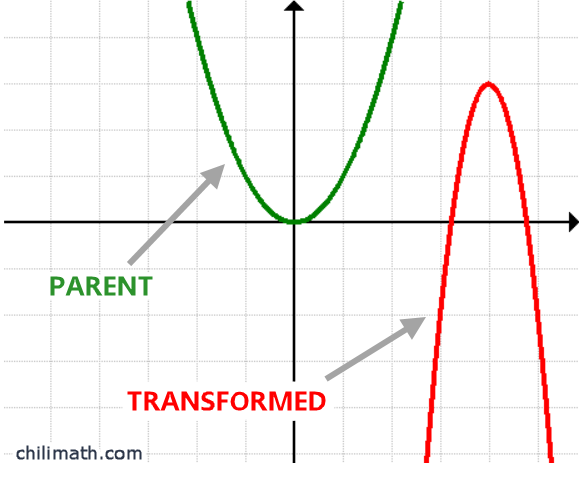
A parent function is the simplest form that a function can be. Its basic shape is not in any way altered.
For instance, when you see a u-shaped graph that is inverted and vertically stretched, you should still recognize that it is a parabola which has undergone different transformations.

That is, if [latex]y = a + bx + c[/latex] is the general form of a quadratic function, then its parent function is simply [latex]y=x^2[/latex] since it’s the simplest of its kind in the family.
The graphs of the most frequently used parent functions are shown below. It’s a useful mathematical skill to be able to recognize them just by looking at their fundamental shapes.
where [latex]\large[/latex] is a number
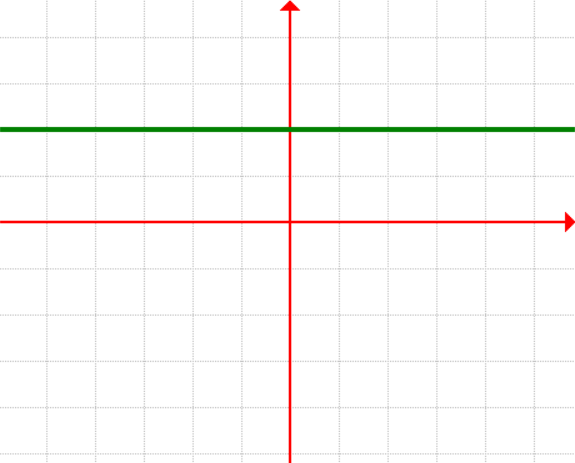
2. Linear Function
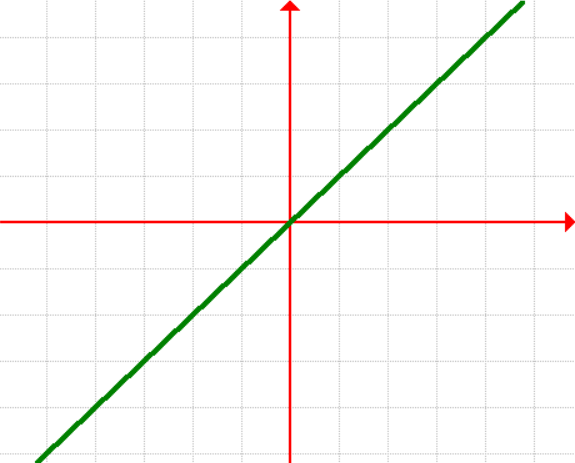 Graph of Parent Function of Linear Function" width="575" height="463" />
Graph of Parent Function of Linear Function" width="575" height="463" />
3. Absolute Value Function
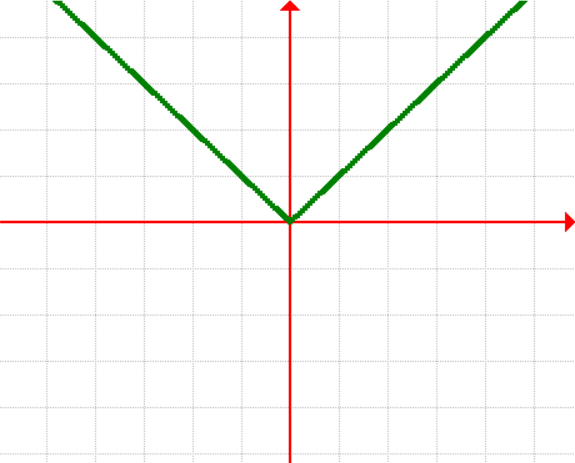 Graph of Parent Function of Absolute Value Function" width="575" height="463" />
Graph of Parent Function of Absolute Value Function" width="575" height="463" />
4. Quadratic Function
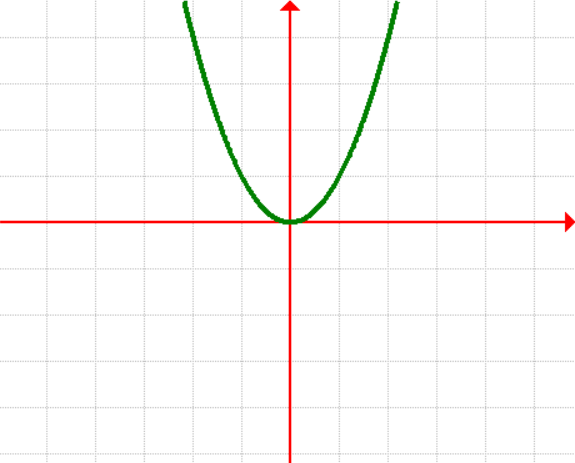 Graph of Parent Function of Quadratic Function" width="575" height="463" />
Graph of Parent Function of Quadratic Function" width="575" height="463" />
5. Square Root Function
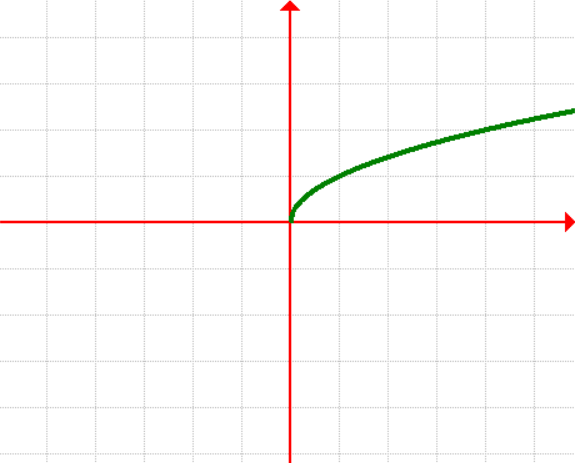 Graph of Parent Function of Square Root Function" width="575" height="463" />
Graph of Parent Function of Square Root Function" width="575" height="463" />
6. Cubic Function
 Graph of Parent Function of Cubic Function" width="575" height="463" />
Graph of Parent Function of Cubic Function" width="575" height="463" />
7. Cube Root Function
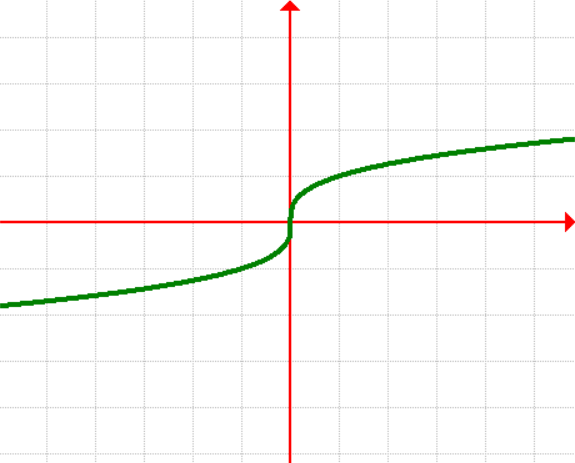 Graph of Parent Function of Cube Root Function" width="575" height="463" />
Graph of Parent Function of Cube Root Function" width="575" height="463" />
8. Rational Function
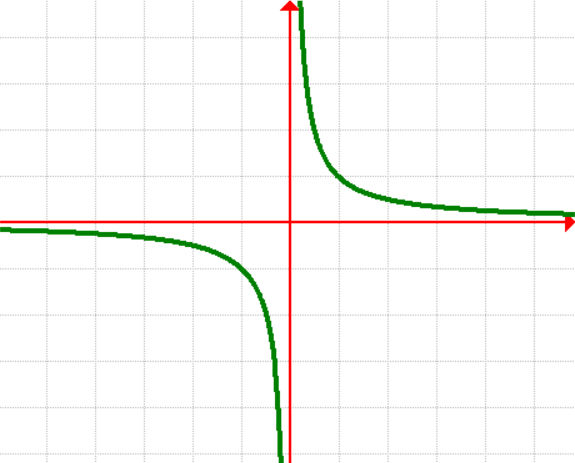 Graph of Parent Function- Rational Function" width="575" height="463" />
Graph of Parent Function- Rational Function" width="575" height="463" />
9. Exponential Function
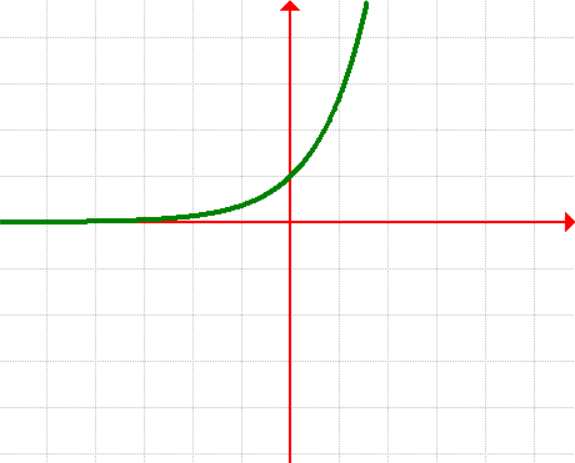 Graph of Parent Function - Exponential Function" width="575" height="463" />
Graph of Parent Function - Exponential Function" width="575" height="463" />
10. Logarithmic Function
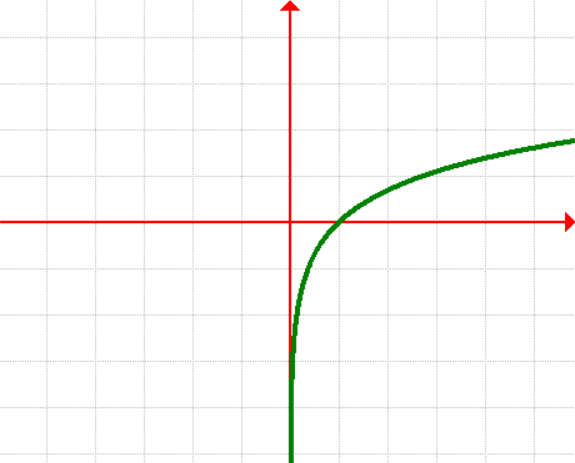 Graph of Parent Function - Logarithmic Function" width="575" height="463" />
Graph of Parent Function - Logarithmic Function" width="575" height="463" />
Take a quiz:
Categories